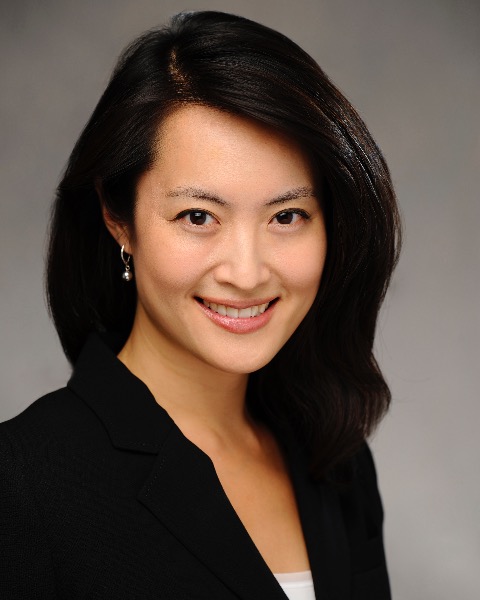Orthopedic and Rehabilitation Engineering
Mechanobiology and Mechanotransduction in Orthopaedic Tissues
Mechanobiology of Tendon Development to Inform Adult Tendon Therapeutic Strategies
Friday, October 25, 2024
8:30 AM - 10:00 AM EST
Location: Room 339

Catherine K. Kuo, PhD (she/her/hers)
Associate Professor
University of Maryland
College Park, Maryland, United States
Invited Speaker(s)
Introduction: Tendons transfer forces from muscles to bones to enable skeletal movement. To perform their physically demanding roles, tendons must possess robust mechanical properties. Unfortunately, adult tendons are highly susceptible to injuries and lack the ability to regenerate, instead healing as fibrotic scar tissue with abnormal extracellular matrix and mechanical properties. Tendon properties are also significantly compromised in musculoskeletal birth deformities and connective tissue disorders. Each of these conditions poses significant clinical challenges because there are no treatments to restore native tendon material properties and function.
Materials and
Methods: The Kuo Laboratory is dedicated to discovering key mechanobiological mechanisms of natural tendon development and using this knowledge to inform adult and fetal tendon regenerative medicine strategies. Our research integrates materials science, mechanobiology, and developmental biology to elucidate mechanisms of embryonic tissue formation and is using this information to develop therapeutic approaches to enhance tendon healing and regeneration.
Results, Conclusions, and Discussions: Our novel approaches and tools to characterize the material properties of small and delicate embryonic/fetal tissues have led to novel findings that have advanced the field’s understanding of how tendons develop their functional properties during tissue formation. This talk will highlight our exciting results that have led to the identification of therapeutic candidates and discuss implications for future translational directions for treatments of adult tendon injuries and diseases as well as developmental abnormalities.
Acknowledgements (Optional): NIH/NIAMS R01AR072886
